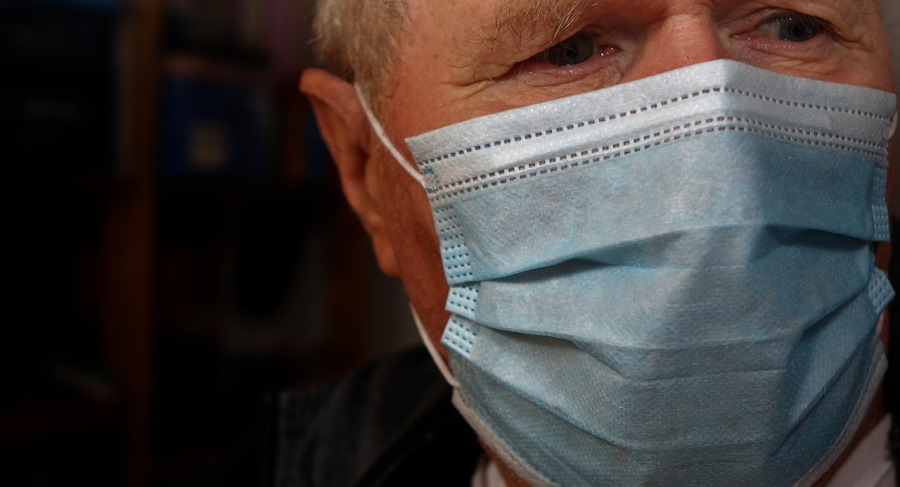Algorithm spots people vulnerable to COVID despite jabs

UK researchers say an algorithm can identify people who remain at risk of developing serious COVID-19, despite having one or two doses of vaccine for the coronavirus.
The team – from multiple UK universities – developed the QCovid3 algorithm using data from almost seven million vaccinated people, including around five million who had two doses, as well as the results of SARS-CoV-2 tests, hospital admissions, various treatments, and national death and cancer registries.
They found key risk factors included Down's syndrome, kidney transplantation, sickle cell disease, care home residency, chemotherapy, bone marrow transplantation or solid organ transplant, HIV/AIDS, dementia, Parkinson’s disease, neurological conditions, and liver cirrhosis.
The risk also goes up with advancing age and living in a deprived area, according to the researchers, who describe the research in a British Medical Journal paper.
According to the scientists, the algorithm could be used to identify people in the general population who are still at risk of hospitalisation or death from COVID-19 even though they have had a full, primary course of vaccinations.
Using the calculator, they predict for example that a 72 year old white male with one dose of vaccine, atrial fibrillation and a body mass index of 30 would have a risk of death due to COVID-19 of around 5% after a positive test.
For comparison, in a 62 year old Pakistani women who had chronic kidney disease and a transplant with a BMI of 24 – who was double jabbed – the risk would be 0.1%, according to the algorithm.
"A risk stratification tool for the vaccinated population would enable identification of patients to prioritise for targeted, early interventions once these become available," write the authors.
That could include booster vaccination – getting underway this week in the UK with an initial focus on vulnerable people that will eventually extend to all the over-50s – as well as preventive treatments such as passive antibody.
In the coming days, the UK will start dosing one such preventive treatment – Roche/Regeneron's antibody cocktail Ronapreve (casirivimab/imdevimab) which was administered to President Trump at year – to vulnerable hospital patients.
"These risk models can be deployed in several health and care settings, either during the current phase of the pandemic or in subsequent waves of infection," according to the scientists.
They acknowledge some limitations with the study, including relatively few COVID-related hospital admissions and deaths in people who were fully vaccinated, which mean that most of the data came from single-jabbed cases – which is less relevant as the UK vaccination programme progresses.
The latest algorithm is the third developed by the team. QCovid1 was used in England to identify individuals at high risk of severe COVID-19 and add them to the shielding list. Meanwhile, QCovid2 is an algorithm designed to calculate risk in unvaccinated patients.
Julia Hippisley-Cox, professor of clinical epidemiology and general practice at the University of Oxford and co-author of the paper, said: "Individual risk will always depend on individual choices as well as the current prevalence of the disease, however we hope that this new tool will help shared decision making and more personalised risk assessment."












